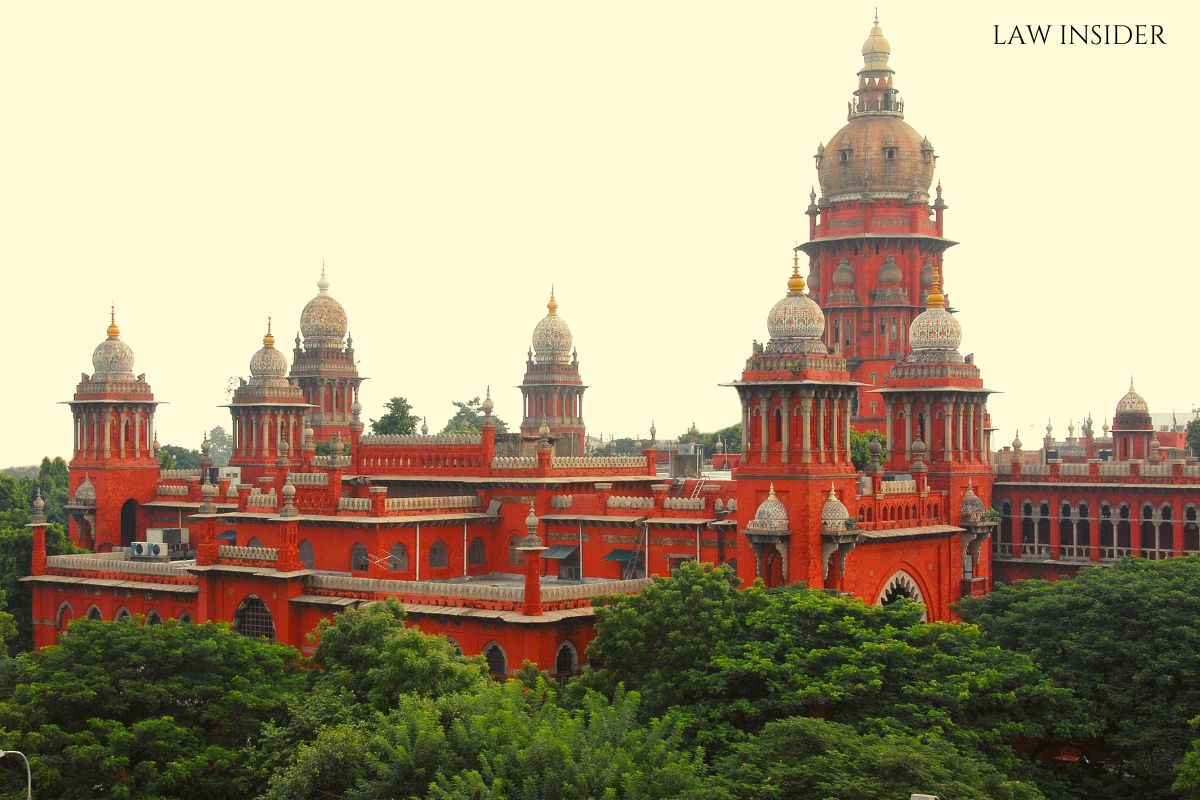LI Network
Published on: November 30, 2023 at 15:25 IST
In a recent case involving illegal quarrying, the Madras High Court emphasized the necessity for the law to be robust enough to hold individuals in power and those with influential connections accountable.
Justice N Anand Venkatesh remarked that the law should not only be applicable to ordinary citizens but must also address the actions of the powerful, ensuring that they face consequences for any illegal activities.
The court expressed concern that if no legal actions were taken against individuals in power, the law would lose its efficacy.
Justice Venkatesh stated, “Law must be potent enough to operate against the people in power and persons having higher connections and it cannot remain subservient. Law is not meant to be used only against ordinary citizens and it nourishes more power and strength only when it is effectively applied against such people in power and persons with higher contact, whenever they commit a crime or violate any rule or regulation. If law is incapable of handling such powerful persons, it will remain to be a damp squib.”
The court made these observations while hearing a petition that sought action against a private individual (respondent No.9) accused of illegal quarrying on lands owned by the petitioner without proper authorization.
The District Collector informed the court that respondent No.9 was granted permission for gravel quarrying on a specific land but had engaged in unauthorized mining activities in adjacent lands belonging to the petitioner.
It was revealed that the respondent had created a quarry pit of nearly 10-15 feet in the subject properties, extracting minerals equivalent to 89,992 CBM of gravel.
Additionally, the Collector highlighted waterlogging issues at the site due to illegal quarrying, preventing officials from conducting surveys for over a year. The petitioner also alleged document fabrication by respondent No.9.
Observing that a cognizable offense had been established and investigations were ongoing without the registration of an FIR, the court directed the Crime Branch Unit to promptly register an FIR and proceed with legal action.
The court emphasized the need to include offenses under the Mines and Minerals Act in the investigation, stating that respondent No.9’s prolonged illegal quarrying would not have been possible without the involvement of officials.
The court noted the lack of action or FIR registration, suggesting the influence wielded by the accused.
In conclusion, the court expressed hope that the District Collector in Trichy would take immediate action against illegal quarrying.
Case Title: Mangalam v. The State Government and Others, WP (MD) 21450/2021

